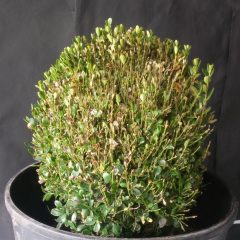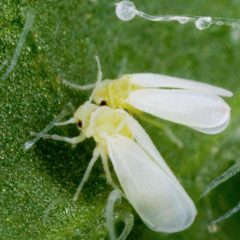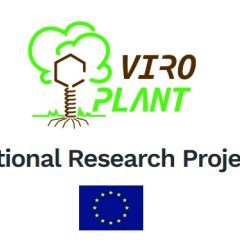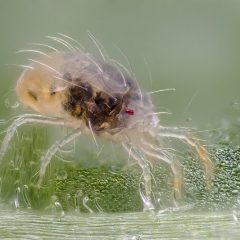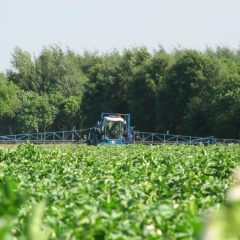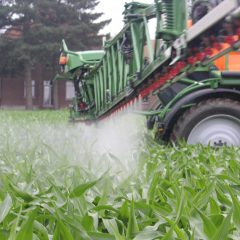Research project Development of a decision support grid regarding human and environmental exposure to herbicides and insecticides

General introduction
In five case studies (beet cultivation, pome fruit cultivation, arable land/grassland, railway verges and non-public pavements), the Decalpe project aims to provide an answer to the question whether or not the ban on the use of glyphosate and neonicotinoids leads to a higher risk of human and environmental exposure to other herbicides and insecticides. In addition, a decision support grid is being developed to integrate the properties of alternative products or control methods – cultivation systems, nets, steaming, hoeing, electrocution – in the decision-making process whether or not to withdraw plant protection products from the market.
Research approach
Through desk study and consultation of experts, 1) alternatives for glyphosate and neonicotinoids are inventoried in the case studies 2) the exposure of human/environment/pollinators to glyphosate and neonicotinoids and their alternatives are inventoried 3) the risk/benefit balance in terms of environmental and health indicators and the risk for the different actors and pollinators under the different scenarios are studied. Finally, environmental and health criteria that characterize the pressure of plant protection products and their alternatives, will be included in a decision grid that allows to make a Pareto-efficient choice between different control methods. That is a choice that shows an optimum over the various criteria and in which no criterion can be improved without reducing another. At ILVO, the impact on pollinators (honey bees, bumblebees and solitary bees) is determined.
Relevance/Valorization
In the future, authorisations of plant protection products will probably be withdrawn more often for reasons of health and environmental protection, court decisions or choices made by holders of authorisations. However, these withdrawals must be informed decisions to prevent that 1) sectors that have no alternatives that would lead to the disappearance of crops and 2) practices or alternatives are introduced that are equally or more harmful to human health or the environment and thus, one has replaced one problem with another.

